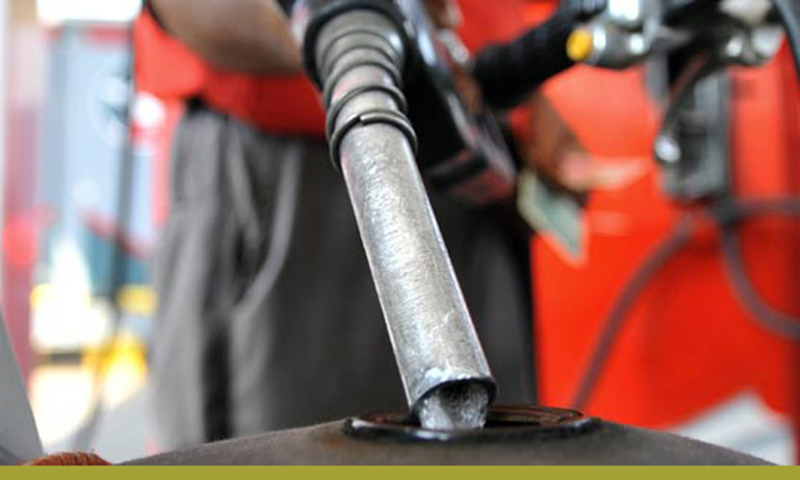- Clear Petrol Queues Before Sunday, FG Orders NNPC
The Federal Government on Thursday said it had directed the Nigerian National Petroleum Corporation to clear the petrol queues that had refused to disappear in Abuja and neighbouring states before the commencement of the 2018 Nigeria International Petroleum Summit.
It also stated that the Federal Ministry of Petroleum Resources and some of its agencies were working out measures that would ensure the retention of pump price of petrol at N145 per litre despite a landing cost of about N171 per litre.
The Minister of State for Petroleum Resources, Ibe Kachikwu, told journalists at a press conference in Abuja that it would not be nice to have international guests face petrol queues in the Federal Capital Territory when they attend the 2018 NIPS, which begins on Sunday.
He said, “As for the fuel queues that you see out there, we are working round the clock; the NNPC is also working round the clock on this. If you remember when it first started in December (2017), it was a lot more massive, but Lagos is largely fuel queue free and a lot of the state capitals are.
“Abuja is still struggling because of some logistics issues. We’ve instructed the NNPC to do whatever it takes to ensure that I do not bring visitors here next week and they will experience fuel queues. They (NNPC) will have to do whatever it takes to get this eliminated in Abuja and that is the directive I’ll be sending to the NNPC.
“Let them (NNPC) work night and day and put a lot more effort in trying to do this. But I can tell you that behind the scenes, a lot of meetings are taking place. This is because the fuel queue issue is both a logistics and a policy issue.”
The minister stated that the government would need to address the fundamental policy issues to enable the queues go away, “especially in an area where the pricing puts pressure between the landing price and the sale price.”
Kachikwu said, “So, we need to work out ways to see what we need to do to continue to sell at N145 per litre. The President is obviously very committed to keeping the price of fuel at the cost where it is. We don’t intend to increase the price again and so we need to work backwards, and this requires a lot of efficiency re-engineering.
“So, give a bit of time, be patient, but I do take your point. I will hate it for my colleagues to come here and see fuel queues happening and so my directive for the NNPC will be whatever it takes, get those queues out of Abuja over the period.”
On the falling cost of crude in the international market as a result of the rising sale of shale oil, Kachikwu noted that the government was not ruffled by the development.
He said, “In terms of the price of petroleum products, I don’t think we need to be panicky about it. We are not ruffled by it and I know it has come down to around $60 per barrel now. Shale is going to be active. Whenever we are in excess of $65, shale becomes very active.
“But I’ve always said that two things need to happen. First, OPEC needs to just focus on itself and focus on what it needs to do and forget what is happening in shale. The second thing is that every OPEC producer must work hard to be a least cost producer. Because the truth is that if shale can be produced at $65, then there is absolutely no reason why we should be struggling.”
He added, “So, the fundamentals of our earnings, how efficient we are and our cost of production are the things we have to do internally.
“There should be fundamental rejigging of production models to ensure that you get the very best. One nice thing about low prices is that they force everybody to abandon high cost of production.”
On refineries, Kachikwu said before the end of March this year, the government would sign the requisite contracts that would lead to the re-kitting of the facilities.
This, however, will happen if the President gives the required approval, according to the minister.

 Billionaire Watch3 weeks ago
Billionaire Watch3 weeks ago
 Startups4 weeks ago
Startups4 weeks ago
 News4 weeks ago
News4 weeks ago
 News4 weeks ago
News4 weeks ago
 Bitcoin4 weeks ago
Bitcoin4 weeks ago
 Naira4 weeks ago
Naira4 weeks ago
 Forex3 weeks ago
Forex3 weeks ago
 Treasury Bills4 weeks ago
Treasury Bills4 weeks ago

























